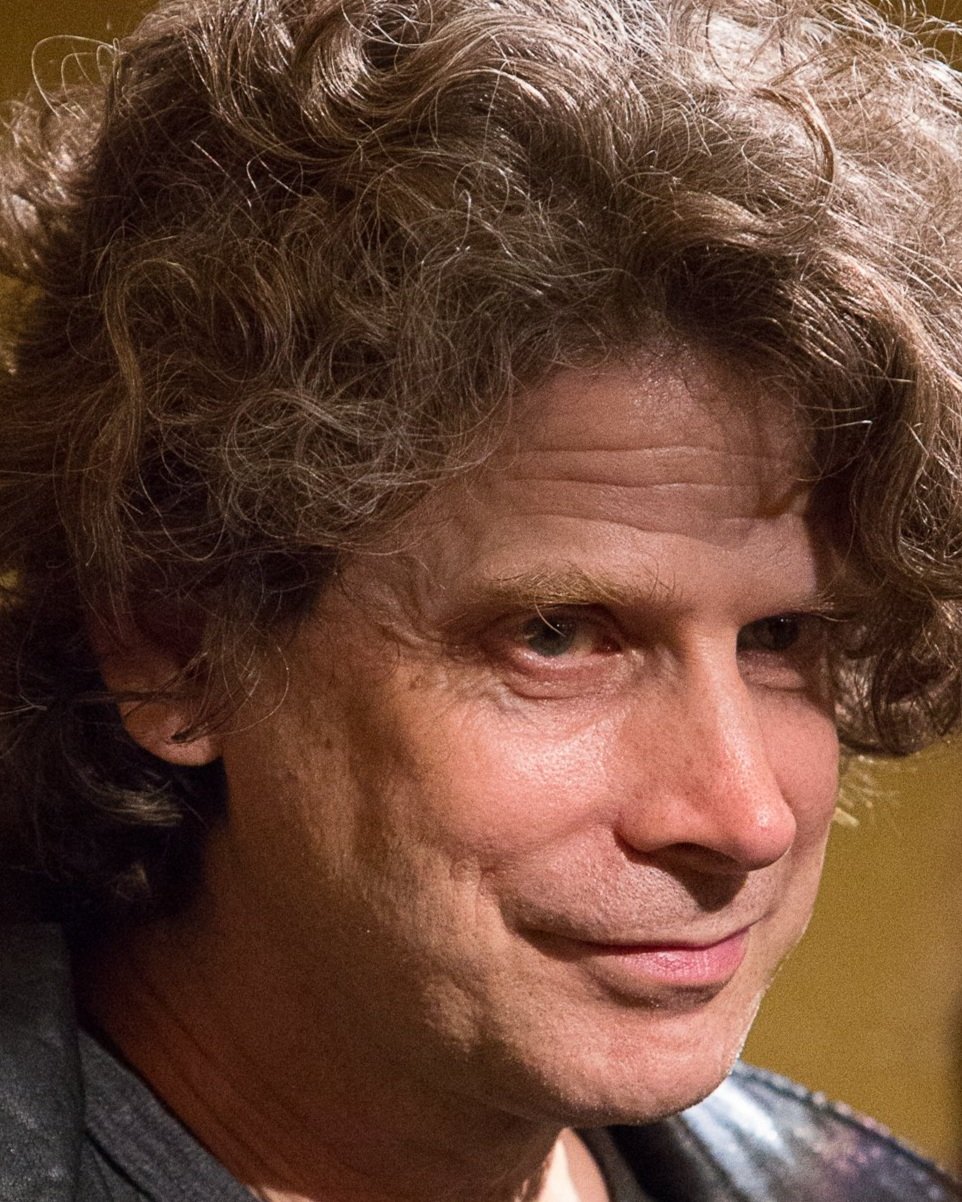Memoir: It’s What I’ve Got
“What about fiction?” Ash asked, when I told her I felt like I need to stop obsessing over the book I just finished—You’re Telling My Kids They Can’t Read This Book?—and move on to writing my next book.
I answered, “I seem to only know how to do memoir. I don’t know how to write fiction. Do you ever try that?”
She said, “I never finish anything, but yes, when I do write, it’s because I have a story idea I want to play around with.”
I’m writing this blogpost during our weekly Shut Up & Write session here at Book & Puppet Company. It’s helping me so much to have the weekly appointment, sitting here with the regulars Ian (our organizer), and Nancy, and sometimes with Bell, Suzy, and Veronica. Blogging isn’t easy for me, but in this organized moment, it feels all worked out ahead of time.
Fiction? I love reading fiction. I have bookcases filled with fiction right beside me, but for me it seems like memoir is what I have a right to write.
If I can’t write about my own life, what can I write about?
A few weeks ago, I was delighted and honored to receive a glowing, unsolicited book review, online, from a reader I have never met. Yes, I’m very grateful to friends when they write me a blurb—but a review written by someone I don’t know is different.
This review is so warm…and yet…it does contain one phrase that sounds a bit like criticism….
Here is the review. I’ll italicize and bold the sentence that popped out at me…
Andrew Laties recounts his personal experiences relating to the censorship of children's literature in this short, conversational nonfiction book. Mixed media (emails, conference talks, personal conversations, articles, etc.) is blended with memoir and history writing to present an impassioned argument against censorship and book banning. While Laties claims to reveal the perspectives of many people, all of them are connected to his own experiences. Laties is the bookseller and the student; his acquaintances are the authors, librarians and publishers; he and his family are the educators and parents; he had been personally involved with most of the events referenced.
This book is incredibly timely. References to events in May of 2025 in this book that will be published in early July of the same year means that the production timeline of this book was incredibly quick. However, discussions are not limited to current events. Topics are presented nonlinearly as they become relevant within the text. There appears to be an assumption that readers are already familiar with Laties' previously published book, Rebel Bookseller, but this one can be read independently. This thoughtful issue-oriented book will appeal to any readers interested in the censorship of children's books.
Now, thanks so, so much! What a terrifically positive review!! I’m super grateful!!
And… how interesting that this reviewer seems, perhaps (?) to imply that the book is somehow—what?—less objective than promised?—or—maybe, compromised?—by me, myself, being inside of every story?
My motivation for writing this book is explained in the “Prelude” chapter. Basically, I needed this book to hand to people, to explain something specific that they wanted to understand. But, in the book itself, I don’t include the story of how I finally resolved to actually go ahead and write this book…
What happened is, I wrote emails to several industry acquaintances, asking if they knew of anyone writing a book that explained the origins of the current burst of book-banning. None knew of any such book forthcoming.
I did feel uneasy about writing the needed book myself, because I felt the story really should be written journalistically, ideally as a sort of popular history, by an established long-form writer. You know, someone who writes for The Atlantic.
I haven’t ever written a book of that kind. For me, such a task feels like doing a school report. All I feel competent to write is memoir.
Well—I went ahead and wrote the missing book. And…I wrote it as memoir. So—I guess it doesn’t surprise me that a reader would think, “Gee, I expected this book to be more journalistic. Objective. Composed of interviews with, and research around, the people on the frontlines of book-banning right now.”
Yes, I understand. I do feel that such a version of this story is needed. But just as I don’t feel competent to write fiction, similarly I don’t feel skilled enough at long-form journalism to be the person to write this story in that way.
If I’m gonna be the author, you’re gonna get the information through memoir.
It’s what I’ve got.
